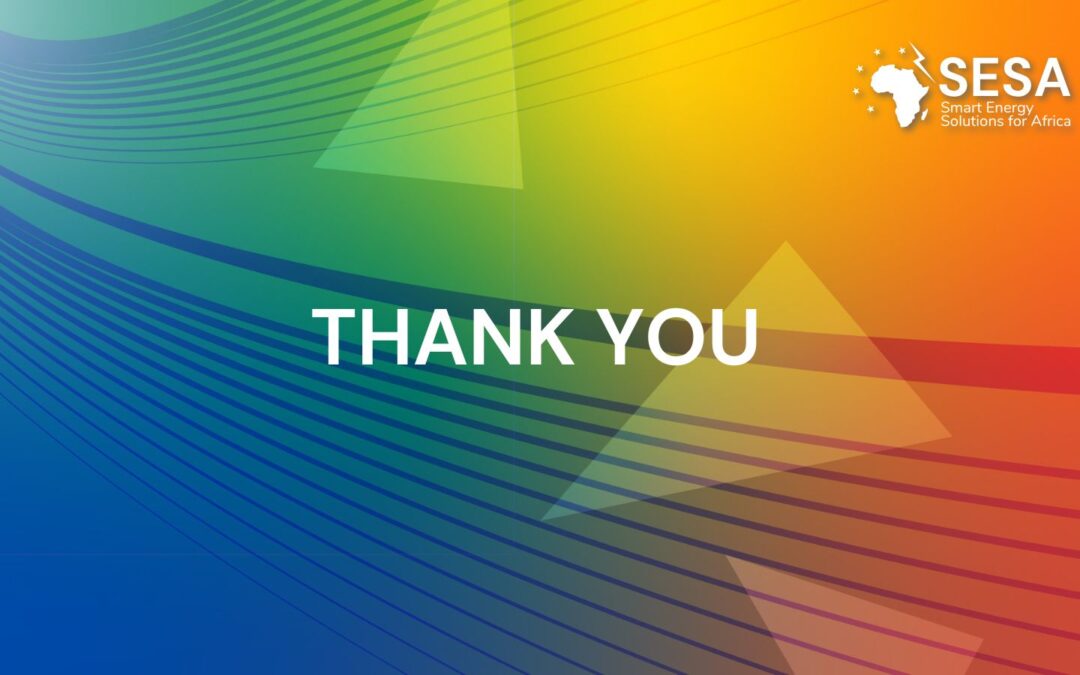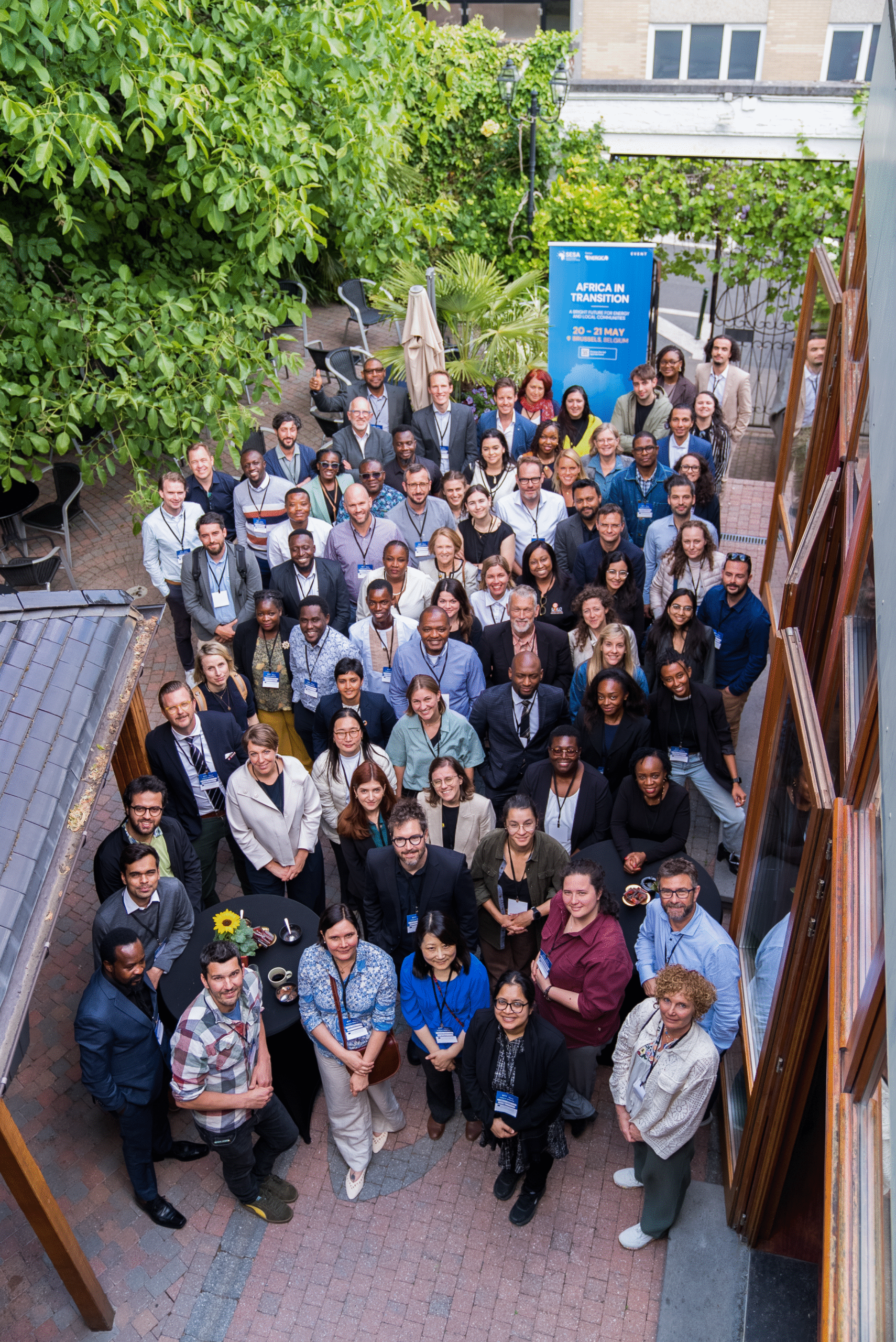
Mission Accomplished: Looking back on a legacy built on strong teamwork and collaborations
Mission complete: marking the end of SESA, a journey defined by teamwork and tangible impact
29 partners – 17 use cases – 9 countries – 2 open calls – 201 applications – 2 6-week mentorship programmes – 12 companies selected – over 997K€ distributed via service agreements, and more!
We are immensely proud to announce the formal conclusion of the SESA project after a successful 4-year journey. This achievement belongs to the wonderful collaborative spirit between our consortium and our particularly innovative African partners. Our gratitude goes out to all 29 European and African partners, including the nine core African countries from the project: Kenya, Ghana, South Africa, Malawi, Morocco, Namibia, Nigeria, Rwanda and Tanzania, who worked together to co-develop and validate clean energy solutions. This cross-continental collaboration was the true core of SESA’s success!
A tangible impact and scalable solutions
The SESA project’s success was defined by the practical solutions co-developed and validated in real-world settings. Across our partner countries, we successfully validated many use cases demonstrating scalable clean energy solutions focused on access, reliability, and productive use.
- 17 Successful Use Cases Validated: These were successfully tested and refined sustainable energy technologies tailored to local needs, from innovative solar-powered cooling systems for agriculture to smart grid solutions for mini-grids.
- Empowering Local Communities: Beyond technology, the project prioritised local economic growth. The SESA solutions directly benefited local communities with 600+ people trained and 217 jobs created, improving energy reliability and creating new income-generating opportunities.
- Commitment to Entrepreneurship: Through the Call for Entrepreneurs and Incubator Programme, we selected and supported 12 innovative companies across Africa, distributing over 997K€ to help them scale their proven clean energy products and services.
Our shared legacy: resources for the future
While the project has concluded, the results of this teamwork are available for the global community: indeed, we firmly believe that this knowledge will drive the next wave of sustainable innovation in Africa. All project resources, knowledge, and tools remain publicly accessible for download and consultation.
Key deliverables ensuring this legacy include:
- The SESA Toolbox: A comprehensive online platform that includes publications, manuals, and best practices, making the project’s knowledge publicly accessible.
- Sustainable Energy Solutions Catalogue: An online repository of sustainable energy solutions tailored for African contexts, offering detailed technical and financial information.
- Innovative Business Models: A collection of business models designed to facilitate the adoption and scalability of sustainable energy technologies in Africa.
- Communities of Practice (CoPs): Establishing networks of stakeholders, including researchers and practitioners, who will continue to collaborate and share knowledge to advance sustainable energy development.
Dissemination and capacity building
To ensure the insights from our four years of work are maximised:
- The SESA Final Event provided a concluding gathering to showcase key achievements and foster future collaborations in the sustainable energy sector.
- The project produced numerous Scientific Publications in academic journals, disseminating SESA’s findings and methodologies to the global scientific community.
- We delivered extensive Capacity Building Courses, training programs, and workshops aimed at equipping individuals and organisations with the skills and knowledge needed to develop, implement, and manage sustainable energy projects.
Thank you for making this vision a reality and long live African sustainable energy solutions for Africa!







Recent Comments